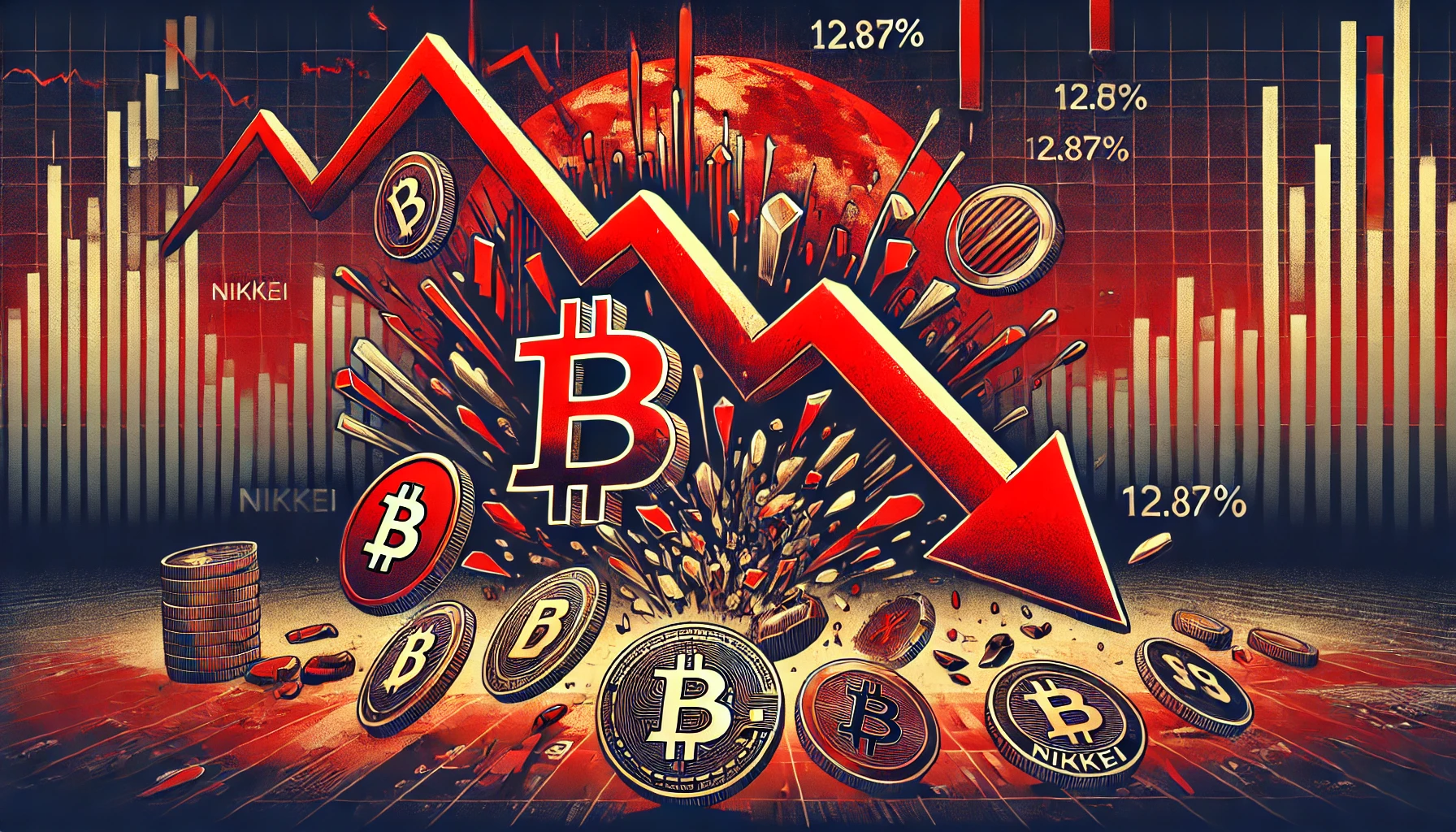ARTICLE AD BOX

- El Salvador ends Bitcoin’s legal tender status to secure a $1.4B IMF loan amid financial stability concerns.
- Despite policy changes, El Salvador remains committed to Bitcoin through continued investments and new crypto initiatives.
In a recent update by CNF, it was revealed that El Salvador has ended Bitcoin’s legal tender status, making its use voluntary and limiting its role in government transactions. In a significant policy shift, El Salvador’s Congress has amended the nation’s Bitcoin Law, revoking Bitcoin’s status as legal tender.
As shared in a recent tweet by Wu Blockchain, this move comes as the country negotiates a $1.4 billion loan with the International Monetary Fund (IMF), which has long expressed concerns over the cryptocurrency’s risks to financial stability and consumer protection.
According to the Spanish newspaper El País, the El Salvador Congress recently passed a reformed Bitcoin Act, officially canceling Bitcoin's status as legal tender. The decision was made under pressure from the IMF to meet the conditions for obtaining a $1.4 billion loan. Under…
— Wu Blockchain (@WuBlockchain) February 2, 2025
The revised legislation makes Bitcoin acceptance voluntary for businesses and prohibits its use for tax payments, according to Reuters. Furthermore, EL PAÍS reported that the original law required all businesses and public institutions to accept Bitcoin unless they lacked the necessary technology to process transactions.
To encourage its use, the government initially provided a $30 voucher to each person who installed the official Chivo Wallet. However, one year later, only 21% of the population had ever used it, according to Ludop, one of El Salvador’s most prestigious pollsters. By 2024, this number had dropped to just 8.1% of the population [Translated].
Initial Enthusiasm and Subsequent Challenges
When El Salvador adopted Bitcoin as legal tender in September 2021, it was hailed as a pioneering step. The government invested over $200 million in infrastructure, including the Chivo Wallet app and nationwide ATMs, even offering $30 incentives to encourage adoption.
However, public reception was lukewarm. By 2024, only 8.1% of the population had used the Chivo Wallet. Economic conditions remained challenging, with a 2024 Central Reserve Bank study reporting an increase of 55,000 people living in poverty compared to the previous year.
IMF Concerns and Policy Revisions
The IMF has consistently urged El Salvador to reconsider its Bitcoin strategy, citing potential risks to financial stability and fiscal integrity. In response to these concerns, and as a condition for the loan, the Salvadoran government agreed to scale back its Bitcoin policies.
Continued Commitment to Bitcoin
Despite these adjustments, President Nayib Bukele’s administration remains committed to Bitcoin. The government plans to continue purchasing the cryptocurrency to bolster national reserves and is exploring new legislation to attract crypto investments.
El Salvador’s journey with Bitcoin reflects the complexities of integrating cryptocurrency into a national economy. At the time of writing, Bitcoin (BTC) is trading at $95,097, down 3.73% in the past day and 6.46% in the past week. See the BTC price chart below.
.png)
 3 hours ago
2
3 hours ago
2








 English (US)
English (US)